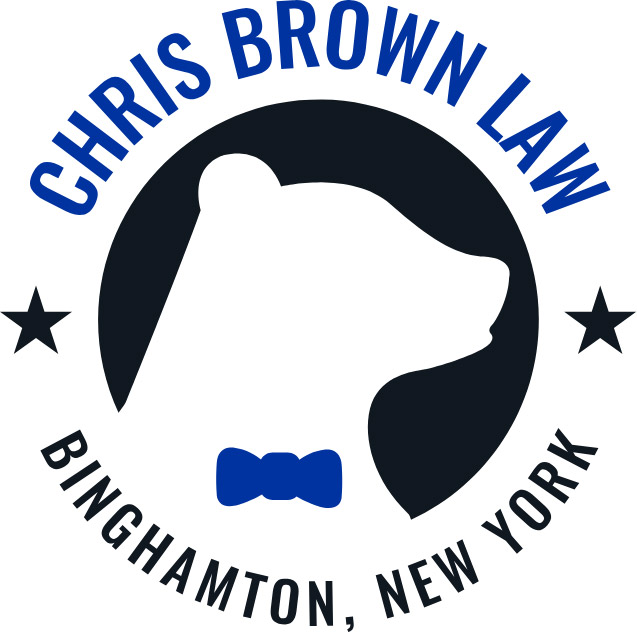DWI LAWS: FIELD SOBRIETY TESTS

DWI Refusal
Are Field Sobriety Tests Voluntary?
Getting pulled over after a night out is scary. Many thoughts will cross your mind: “Was I speeding? Did I run a red-light? Did I have too much to drink?”
By the time the Officer gets to your window many people have no idea what their rights are. Do you agree to take FSTs? Let our experienced DWI defense attorney walk you through what to do.
What are Field Sobriety Tests?
If a police officer suspects that you have been drinking he will ask you out of the vehicle to perform the filed sobriety tests. This is because he is now looking for legitimate evidence to confirm, and later prove in court that you are in fact intoxicated or impaired.
The most common field sobriety tests including the Horizontal Gaze Nystagmus, Walk-and-Turn, and One-Leg Stand. These tests are all deemed to be “accurate” by the NHTSA if they are instructed and performed correctly.
Horizontal Gaze Nystagmus (HGN) – In this test the Officer uses a pen to and asks you to follow it while he watches your eyes. In this test, the officer is looking closely at your pupils to see if they can equally track the pen and if they “bounce” back and forth called “Nystagmus”.
The Walk-and-Turn – In this test the officer asks you to walk directly in a straight line, heel to toe, to analyze your balance and ability to follow instructions.
The One-Leg Stand – In this test the officer asks you to stand on one leg and count. This test also tests your balance and ability to follow instructions.
So, if an officer asks you to take a field sobriety test, how should you respond?
Field Sobriety Tests are Not Mandatory
You are not legally obligated to take FSTs. You should simply and politely tell the officer, “no, thank you.”
Refusing to take FSTs does not mean that you will not be arrested. If the law enforcement officer believes he or she has enough evidence against you, he or she will arrest you. However, the evidence against you may not be as strong because you did not take a field sobriety test.
Can I Also Refuse a Chemical Test?
You are allowed to refuse a blood or breath if you have not been arrested. If you have been placed under arrest, New York’s Implied Consent laws – which you agree to when you obtain a driver’s license – say that your consent to a blood or breath test is implied. Thus, while you can refuse the breath test, your license in New York State will be suspended for 1 year….pending the outcome of a DMV Hearing.
Contact the Best DWI Lawyer to protect Your Rights
If you or someone you love has been accused of DWI, you should contact a skilled and knowledgeable DWI defense attorney.
Attorney Chris Brown has both defended and prosecuted thousands of DWI cases in New York State. Call Chris today at (607) 988-3131 to schedule a free consultation.


